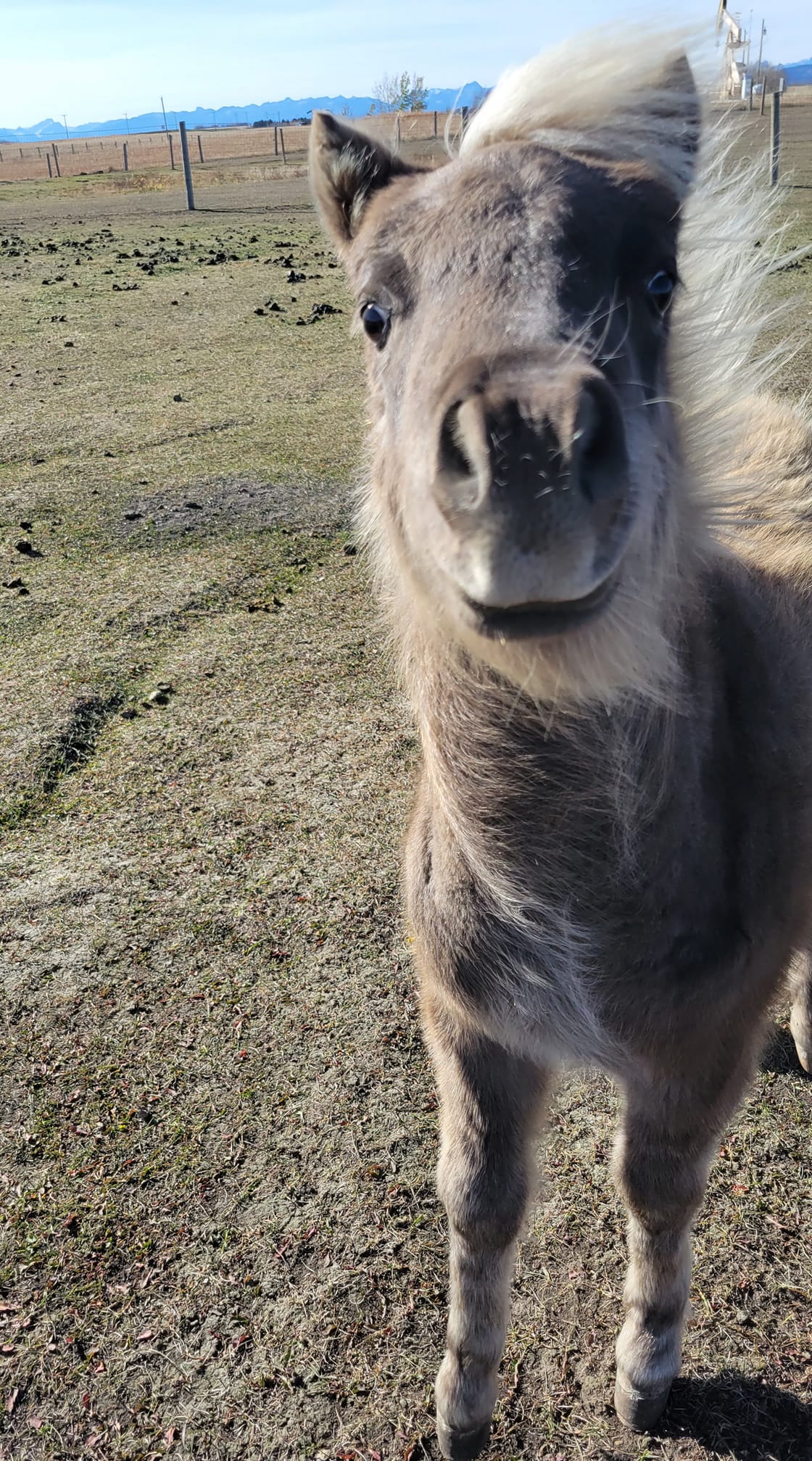Behaviour is communication.
When your horse does something that you don’t like, make your first move to ask yourself why they felt that was the right thing to do.
Were they scared? Confused? In pain? Trying to play?
I promise, they weren’t just “being a jerk” because that’s not a thing horses do. If you find yourself in constant conflict with your horse, then it’s quite possible that’s the relationship that you’ve taught your horse to have with you. They think that’s what’s expected, or they’re afraid, or any number of reasons, all of which you can change by changing the way you respond.
If a horse is afraid (and remember, aggression is always based in fear), and you punish them, you’ve just proven that they were right to be scared.
Instead, find a way to break down the skill or situation, and show them that it isn’t scary after all.
If a horse is confused, they might show a lot of behaviours that are uncomfortable for their handler. Using punishment won’t make it make more sense to them.
Instead, go back to the baby steps, give them confidence in knowing what’s being asked of them, and reward every effort along the way.
If a horse is in pain, then they’ll do whatever they feel in necessary to protect themselves, and it might be violent. If you punish a horse who is responding to pain, they’re likely to get even more reactive.
Instead, get your veterinarian/farrier/bodyworker to help them, and pay close attention to the first signs when they say something is uncomfortable for them, so you can adjust and find a way they CAN do what you’re asking. Even with all the best diagnostics, you still can’t rule out pain definitively. Take your horse’s word for it if they tell you something is hard for them.
If a horse is trying to play horse games with a human, it can often feel like aggression to us. And if we use punishment to try to defend ourselves, in many cases that just looks to the horse like we’re playing the game they initiated.
Instead, redirect them into games you can BOTH enjoy, and teach them skills they can find more rewarding so they don’t feel the need to initiate rough and tumble horseplay.
Is it always easy to see what they’re trying to communicate with their behaviour? Of course not, and it’s also often hard not to take it personally, and respond out of fear. But if you stop and think before reacting, really look at what was happening to trigger the behaviour, and think about how you could make adjustments next time, you’ll be working with your horse, instead of against them.
Always remember that you and your horse are on the same team.
